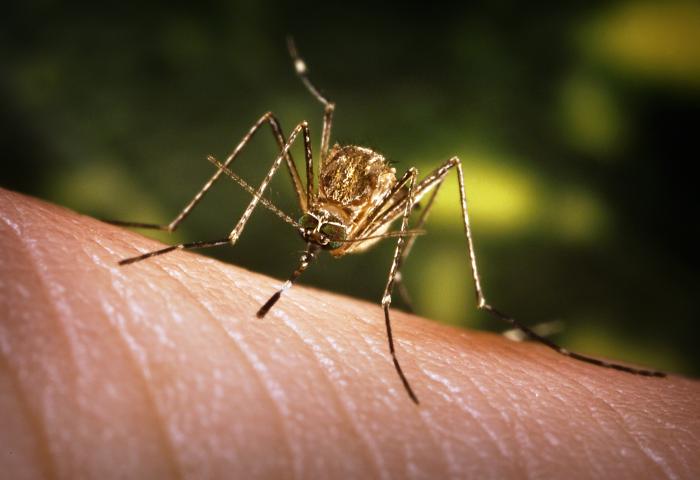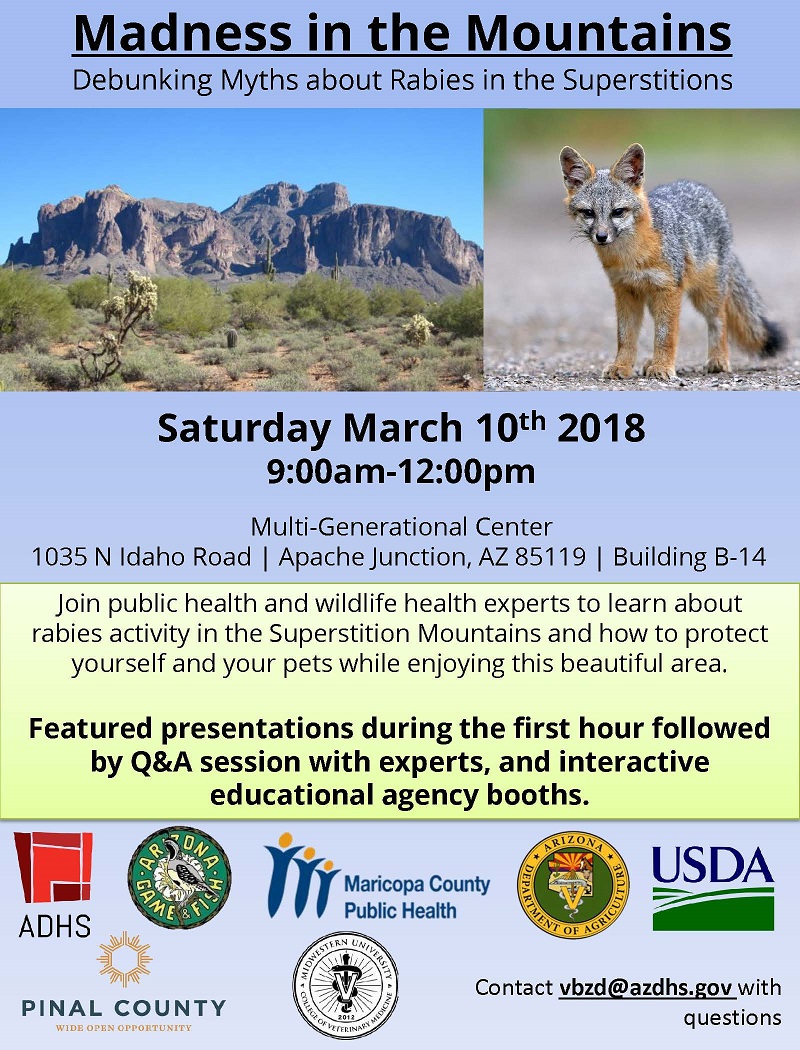 The 2016 Summer Olympics will soon take place in Rio de Janeiro, Brazil, a Zika-affected country. This has created a lot of discussion about the risk for travelers and their families. CDC and the WHO have both affirmed that travel to the Olympics is not any riskier than non-Olympic-related travel to Zika affected areas.
The 2016 Summer Olympics will soon take place in Rio de Janeiro, Brazil, a Zika-affected country. This has created a lot of discussion about the risk for travelers and their families. CDC and the WHO have both affirmed that travel to the Olympics is not any riskier than non-Olympic-related travel to Zika affected areas.
The only groups recommended to avoid travel to any Zika-affected area, including the Olympics, are pregnant women. For the general population, the risk of contracting Zika infection is lower than the risk of getting many other more common and more severe diseases like dengue, chikungunya, travelers’ diarrhea, and other food borne illnesses (see CDC guidance for travel and health information for Brazil). Individuals should act responsibly by using insect repellents, following other tips to avoid mosquito bites and using condoms.
After returning home, travelers should prevent mosquito bites for at least 3 weeks to prevent the disease from getting into our Arizona mosquito populations. Couples with a pregnant partner should use condoms or not have sex for the duration of pregnancy. Couples who want to try to get pregnant after going to the Games should wait 8 weeks to 6 months depending on their situation. And if you get sick, go to your health care provider.
Travel to the Olympic Games represents about 0.25% of total aviation travel annually to areas with Zika. ADHS has already been working closely with local health departments and mosquito control agencies to coordinate Zika testing and investigations, and will continue to do so during and after the Olympics.
Overall, attending the games might even do good to responsible individuals, by developing the healthy habit of protecting themselves from mosquitoes and help us to Fight the Bite and keep Arizona safe. Good luck to all of our Arizona and U.S. Olympians!











